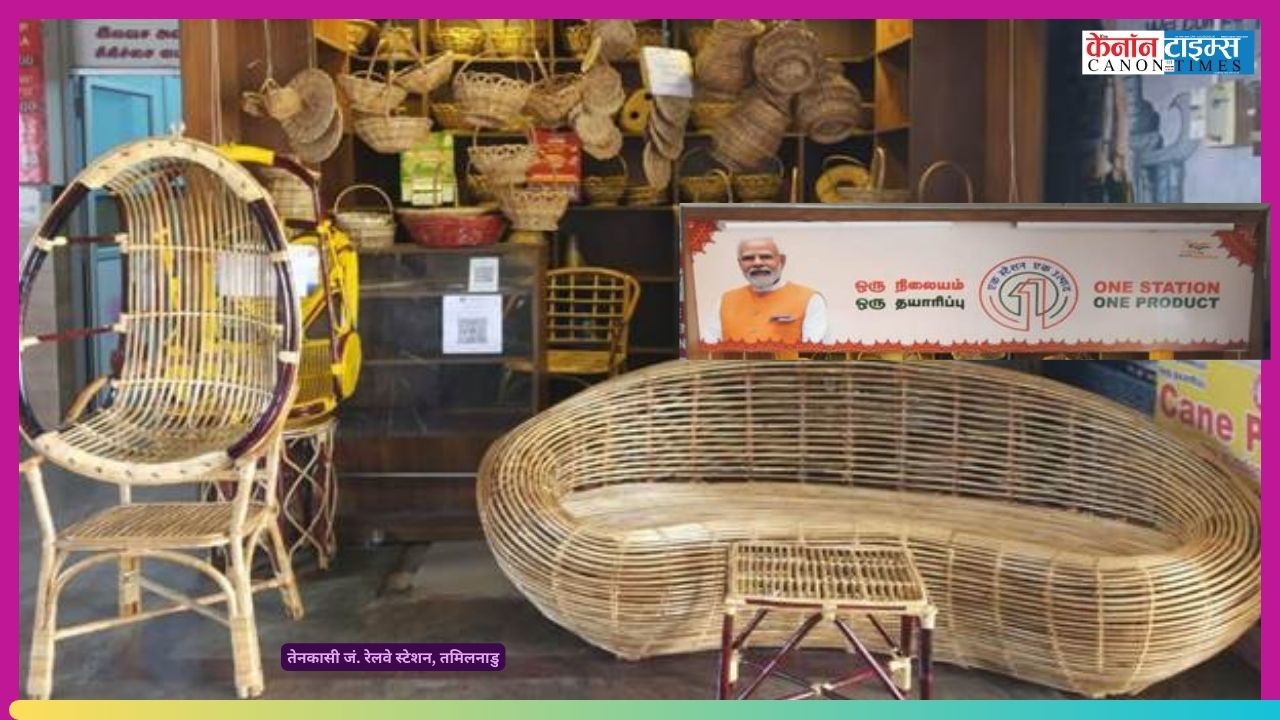The Bench has established a compensation doctrine for those who lost their homes due to politically motivated demolitions.
The Supreme Court, led by Justices BR Gavai and KV Viswanathan, has denounced the use of bulldozers for “justice” in both major and small states. For too long, political leaders, especially from the ruling BJP, have praised “Bulldozer Raj” as a zero-tolerance approach against perceived lawlessness. Despite appearing tough, the reality is far from lawful. Thousands of homes, frequently belonging to a specific community, have been razed in Uttar Pradesh, Haryana, Delhi, Madhya Pradesh, Rajasthan, and Assam in the name of speedy justice.
The Supreme Court ruled that using bulldozers in such circumstances is prohibited, challenging performative government. Government officials cannot use this gadget just for vengeance. The Bench has emphasized the need of following due procedure during demolition, including a minimum 15-day notice period. The verdict emphasizes that even if someone is accused of misconduct, such as pelting stones, bulldozing their home causes harm to both them and their innocent family members. The court warns that collective punishment is a vestige of colonial control and not appropriate in a democracy that values the rule of law.
However, the route forward is unclear. Although the Court’s verdict is clear, persons affected by demolitions may have challenges in obtaining compensation due to limited resources. Then there’s the issue of political will. Will low-level officials feel empowered to challenge their superiors, particularly in states where “Bulldozer Justice” is seen as politically profitable? India’s democracy risks becoming a playground for the powerful, with “justice” coming at the cost of destroyed homes and lives, unless the rule of law is upheld in practice.
Dr. Abhishek Verma
Author: This news is edited by: Abhishek Verma, (Editor, CANON TIMES)
Authentic news.






